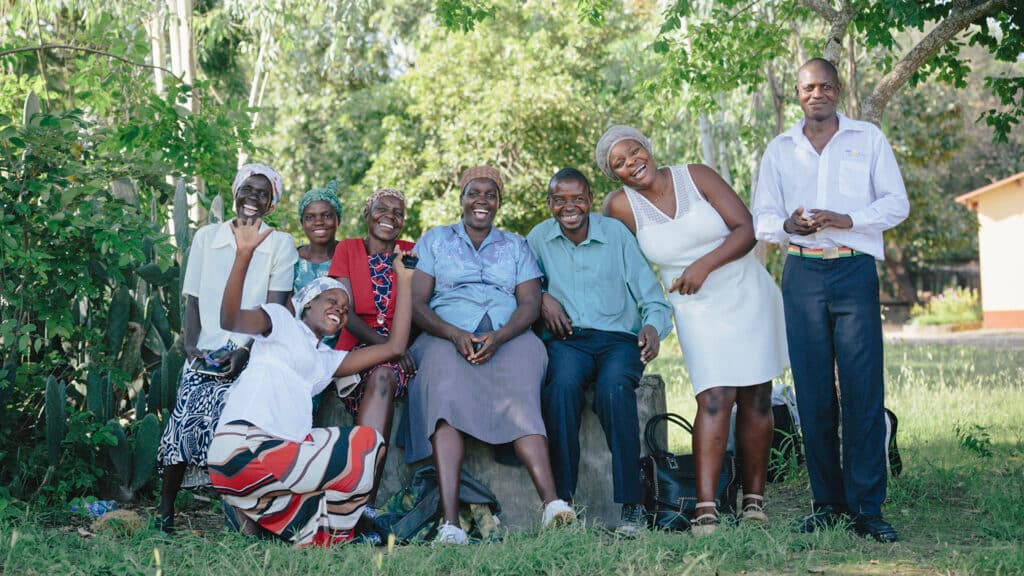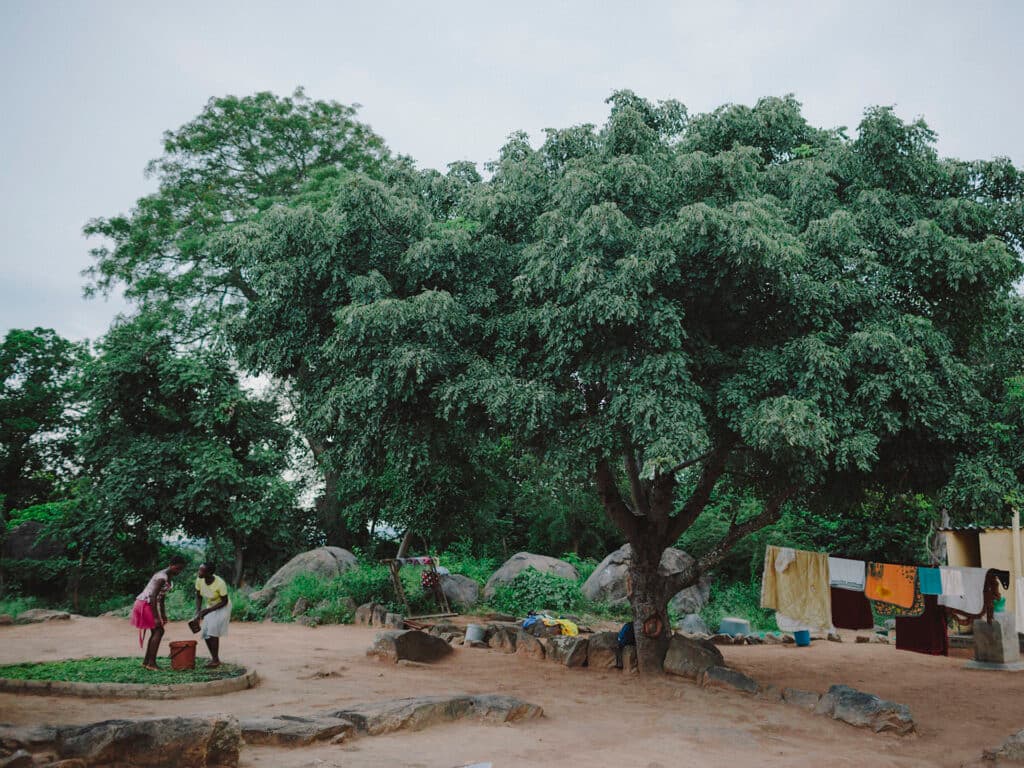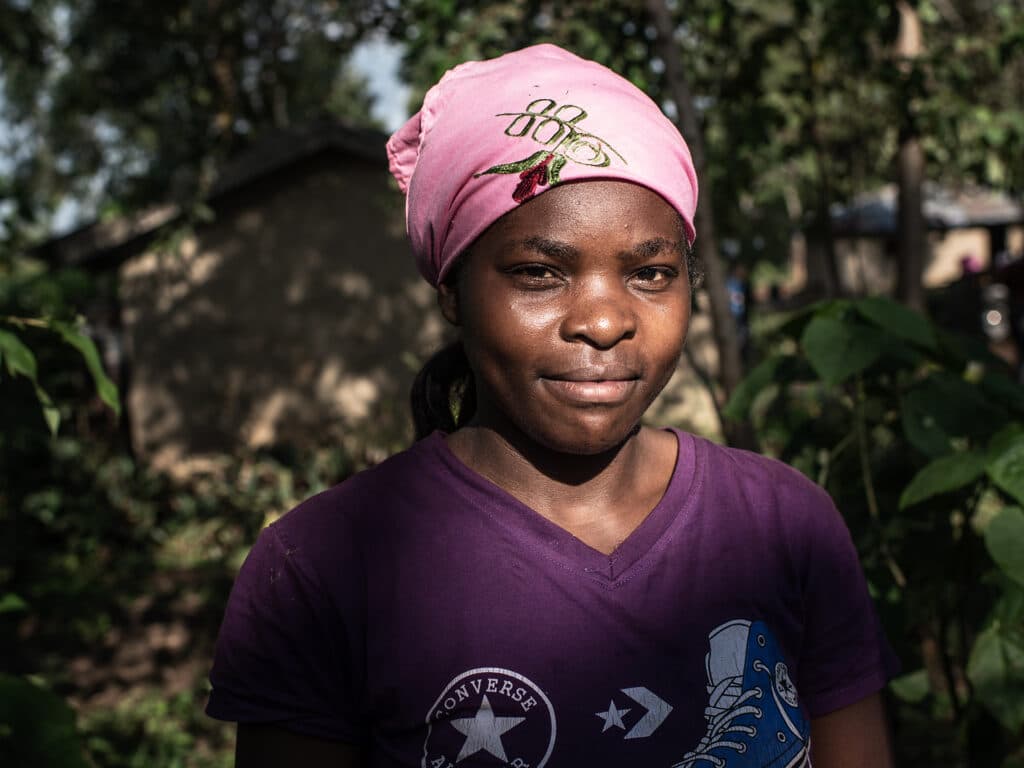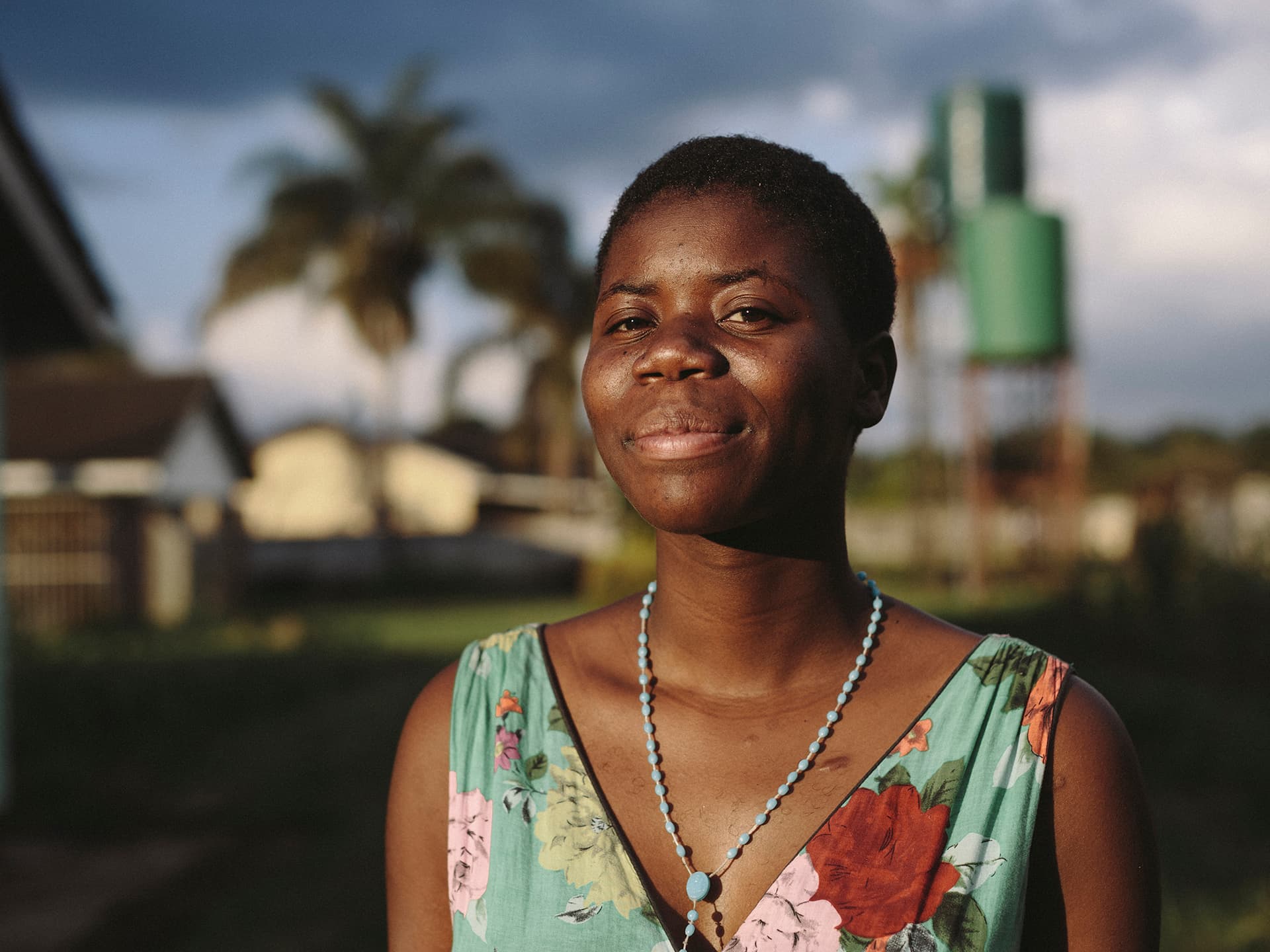
Zimbabwe
Together with our partner organizations, Diakonia promotes democracy and gender equality in Zimbabwe.
Zimbabwe has a population of about 16 million people. With a rather homogeneous ethnic composition, a relatively well-educated population and fertile soil, Zimbabwe has for years been one of the region’s most diversified and functional economies.
However, due to poor governance, corruption and deep political polarisation, many of the Zimbabwean people, in particular women, young people, children and the elderly, suffer from widespread social insecurity and increasing poverty and vulnerability. The economy has been in a deep recession since 2013, with the formal unemployment level being high at about 80 per cent, mostly affecting young people. The quality of public health and educational services is declining and there is a long way to go before all Zimbabweans are able to fully enjoy their socioeconomic rights.
Focus on democracy and gender equality
Diakonia has supported partner organizations in Zimbabwe since 2000. Our work currently focuses on the promotion of democracy and gender equality. Our partner organizations are addressing the poor state of democracy and governance at local level in Zimbabwe that has resulted in interlinked challenges. This includes the marginalisation and exclusion of women and young people from important decision-making processes and the lack of transparency and accountability in local and national government institutions.
Our work on gender equality mainly addresses gender-based violence, a widespread problem in Zimbabwe due to a patriarchal culture and negative social beliefs and attitudes that result in the subordination of women and uneven distribution of social, economic and political power between men and women at family, municipal and national levels in Zimbabwe.
Awareness raising and advocacy
Diakonia’s work is carried out through networking, promoting education and raising awareness on democratic values and human rights. Our work supports local organizations to enable them to effectively carry out advocacy work regarding women’s political participation, citizen participation and gender-based violence.
Diakonia supports civil society organizations to help them achieve changes and improvements on different levels: on grassroots level within local communities; on national level through organizational capacity building and by publicly advocating for policy changes; on regional level by facilitating networking amongst partner organizations, various think tanks and institutions; and on international level through European networks carrying out advocacy in relation to the European Union.
For more information
Charles Mutasa, Country Director Zimbabwe
E-mail: charles.mutasa@diakonia.se
Phone: +263 242 704994/704995
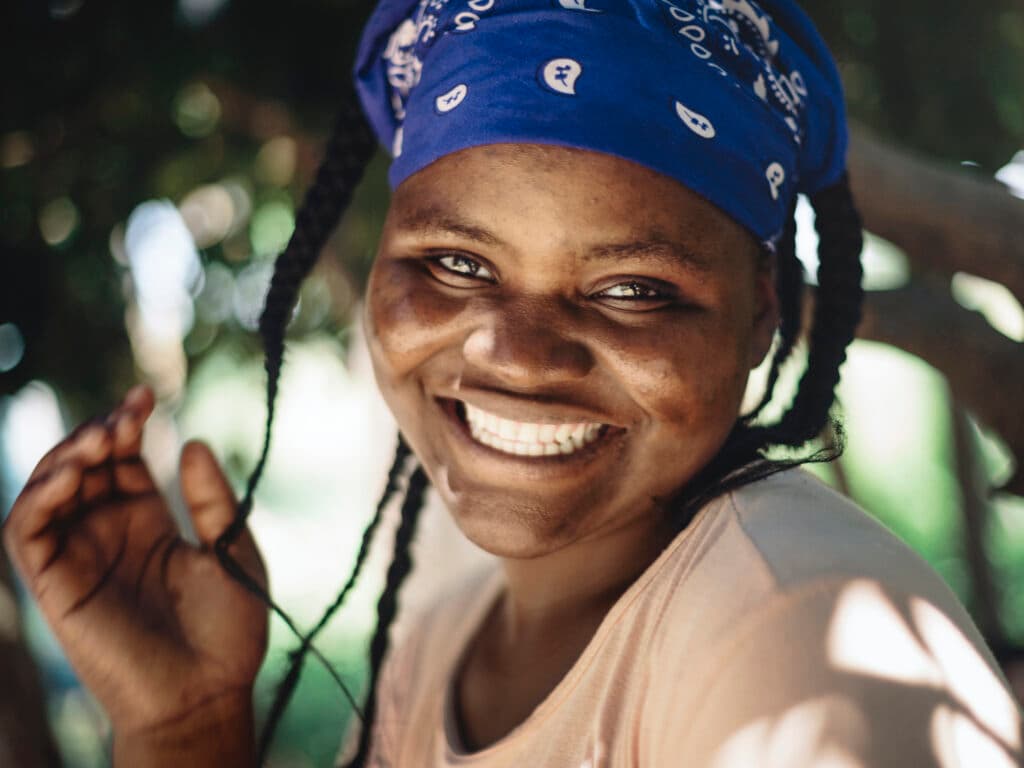
Fighting violence against women
“I’m happy with my life now. My dream is to make a living from the sport. I want to become a boxing coach so I can coach other young talents”, says Tsitsi Ndlovu.
Thank’s to Musasa’s women’s refuge Tsitsi was able to start a new life after being raped.
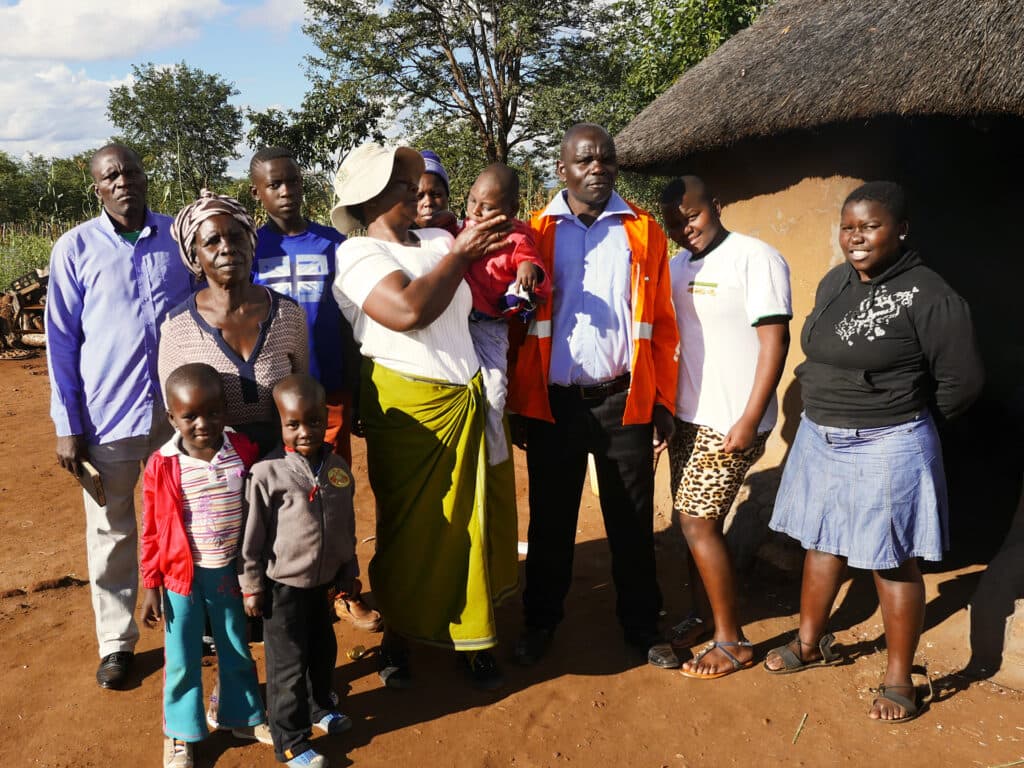
"I used to be a strict man"
Gender-based violence is not a women’s issue – this is well known among the men in the Insiza District of southwest Zimbabwe, where there are now plenty of male advocates of gender equality. Luphia Mtonga is one of them, and his life has changed into the bargain. “Now, my wife and children like me,” he says.
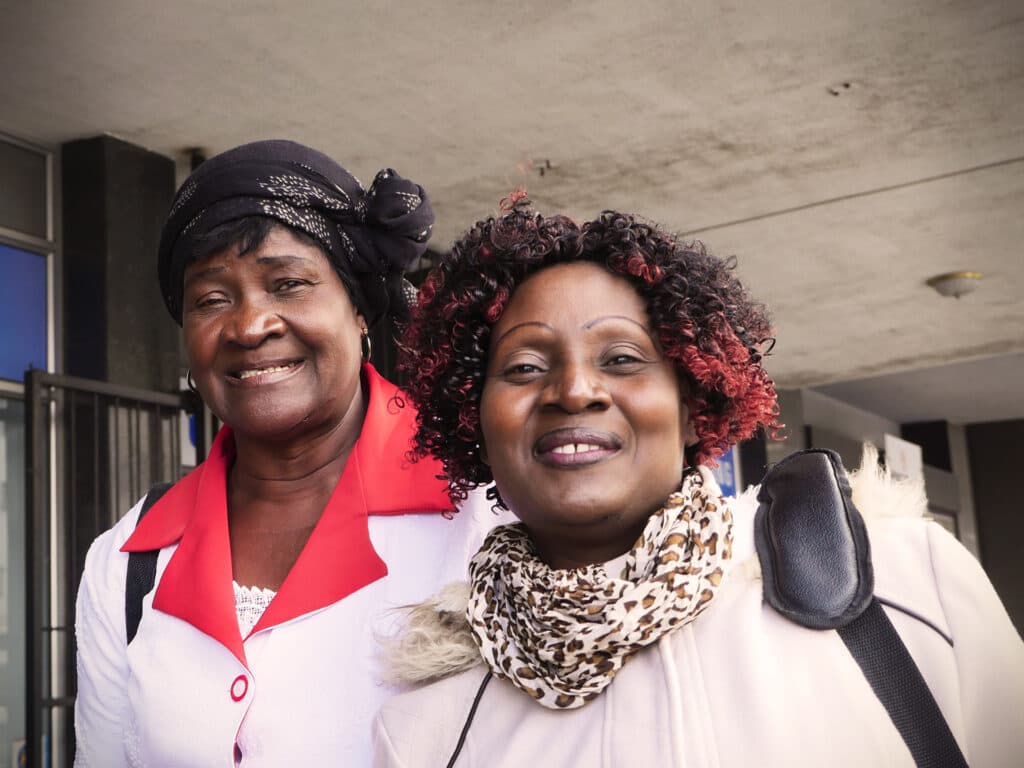
"You have to dress like a leader"
They were convinced they could represent the women in their neighbourhoods better than the men could, and Concilia Mlalazi and Tamani Moyo were successfully elected to the city’s highest-level council. Both women are councillors in the highest-level council in Bulawayo, Zimbabwe’s second-largest city.
